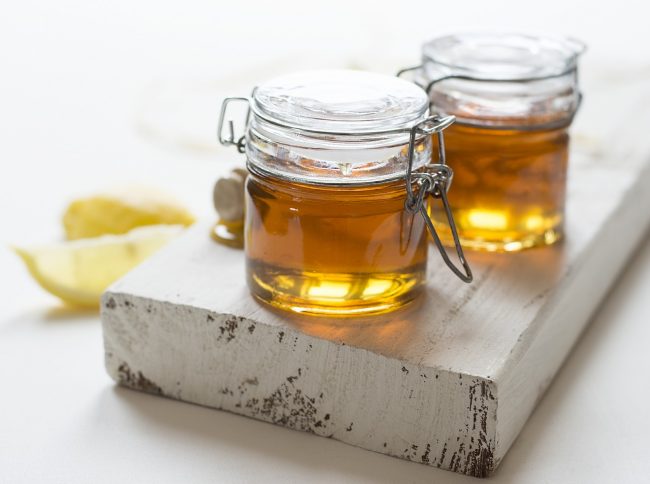Sugar provides energy but none of the essential minerals your body needs. If consumed in excessive amounts it can become very harmful to the body.
The World Health Organization recommends a daily dose of up to 50 grams per day (about 12 teaspoons). If you are going to comply with that advice, many sugar substitutes products are on the market today. Let’s see if they are actually healthier or not.

Honey is a 100% natural product, has many essential vitamins and has been used as a sweetener since antiquity.
Pros: It is used by natural medicine also as anti-inflammatory, antibacterial and antiseptic. It is ideal with ginger to fight the cold.
Cons: 100gr of honey is about 130 calories almost as much as white sugar. It is not the ideal solution to save calories.

Xylitol, better known as birch sugar, is naturally present in cabbages, berries and plums, but can also be obtained through a chemical process. It is normally used as a sweetener for chewing gums.
Pros: this type of sugar has 40% less calories than white sugar, does not cause caries and does not increase blood sugar levels.
Cons: 100 g of xylitol contain about 240 calories and eaten in large quantities can cause gastrointestinal disorders. It is also very harmful if ingested by animals.

This is the sugar extracted from a South American plant called Stevia Rebaudiana. It also has emollient properties and is therefore initially used in hygiene products.
Pros: stevia has no calories, does not damage the health of the teeth and does not increase blood sugar levels.
Cons: the one normally contained in foods is of artificial origin and does not contain any nutrients. Stevia is 400 times sweeter than sugar but has a bitter aftertaste. It is preferable to consume it in small quantities because there is not much study on its effects.

Also known as agave syrup, it is a substance obtained from agave juice, a Mexican plant. It has a honey-like flavor but a less dense texture.
Pros: agave contains vitamins and minerals, being more liquid then honey is easier to dissipate in foods and beverages. It is also perfect for vegans.
Cons: it is a very caloric food (more or less like honey) and contains a lot of fructose. Taking it in large quantities can cause increased levels of fat in the blood and liver.

Coconut sugar is extracted from the nectar of coconut flowers and has the same flavor of caramel.
Pros: contains many vitamins and minerals including magnesium, iron and zinc.
Cons: like agave nectar, contains a lot of fructose that can cause increased level of fat in blood and in liver. Also this sugar is very expensive (about 20 € per kg) because it is extracted by hand.
These sugary alternatives are not really as healthy as you think, they should be used in small quantities. Instead of replacing sugar, it is better to try to eliminate sugar from the diet.
